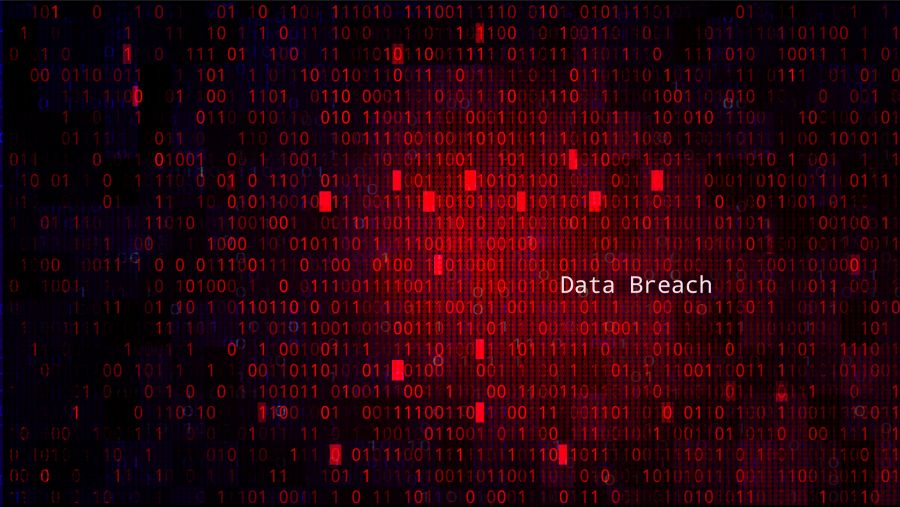
Data breaches happen. Just last week, the livestreaming video game site Twitch reported a massive data leak that included the platform’s source code, as well as payments made to thousands of streamers. Awkward.

For all the effort we put into concocting cryptic passwords, layering in multi-factor authentication, and sending you high-risk data attestations more often than you’d like, sometimes sensitive data gets out.
So, you may be wondering, what kind of data is considered “high risk?” And what should you do if high-risk data has been compromised?
Here at Weill Cornell Medicine, high-risk data is anything that could have a significant adverse impact on WCM’s safety, finances or reputation if it was disclosed. That includes:
For a detailed overview of high-risk data, check out our Data Classification policy.
If you suspect the confidentiality or availability of high-risk data has been compromised, you should tell your supervisor, and report it right away to the ITS department, the Privacy Office, or WCM ITS Security:
There are many types of breaches that can occur and should be reported, including:
Once you report a data breach, the incident is investigated and categorized, and a response effort begins to help mitigate the damage. You can read the full details in our Security and Privacy Incident Response Plan.
Try our 10-question pop quiz on cybersecurity. We’ll announce some winners on Oct. 15.
October is National Cybersecurity Awareness Month, an annual collaborative effort between government and industry to ensure we have the resources you need to maintain your security online. Throughout October, we’ll be sending you tips on protecting your information and avoiding malicious attempts to extract your personal data. See our past tips here.